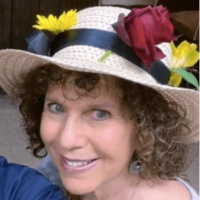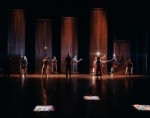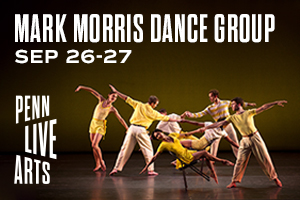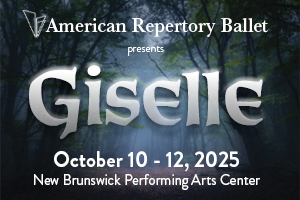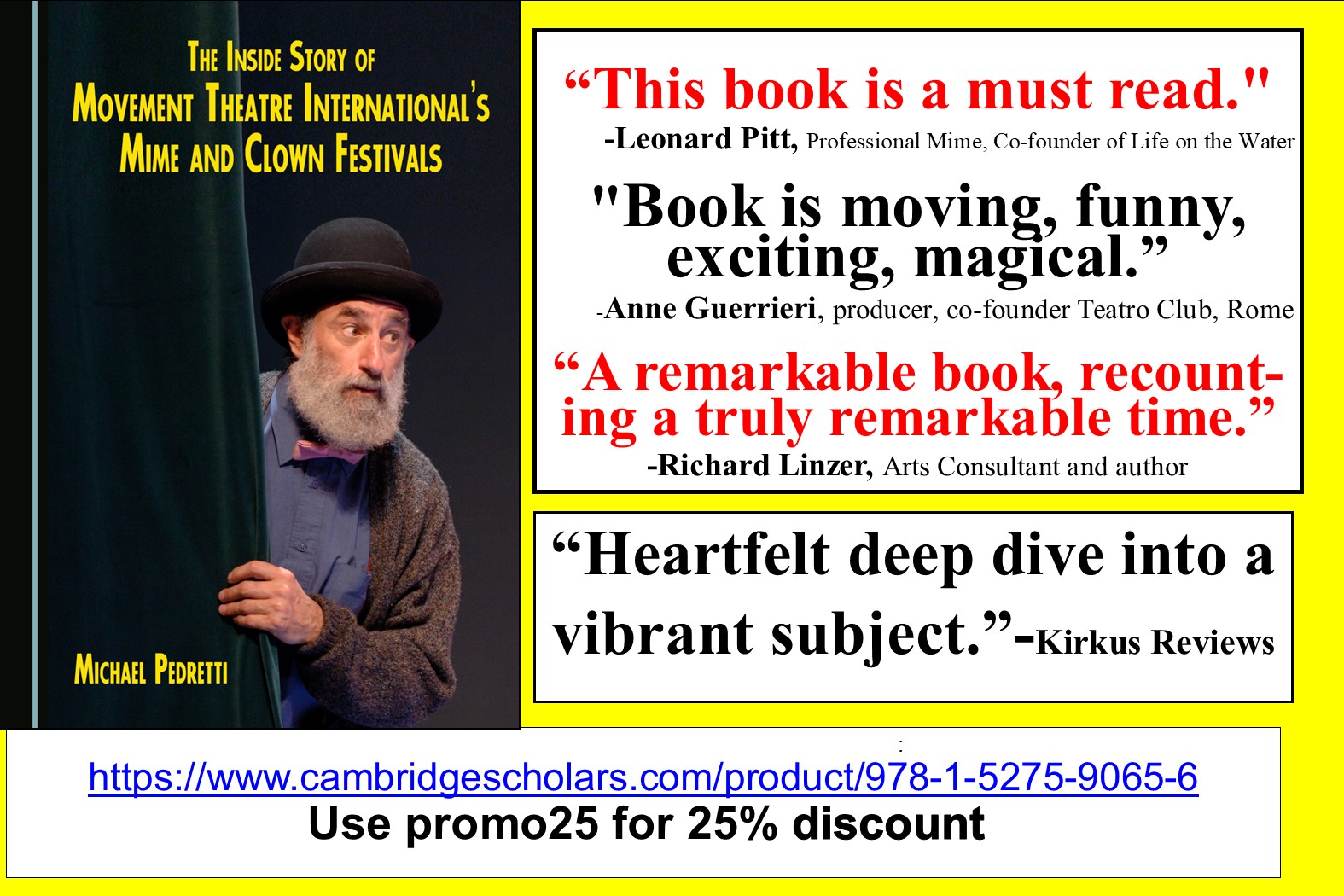
Movement and Words Collide
by Darcy Grabenstein
With pen in hand and dance sneakers on my feet, my body was ready for this workshop. My mind, however, was not prepared for the journey it would take.
Artists Dahlia Li and Elisa Zuppini led this year’s participatory workshop lab: Dance and the Poetics of Proximal Distance, cosponsored by Creative Ventures, Poetry & Poetics Reading Group, and The Sachs Program for Arts Innovation. The workshop, in its third year, was held both online and in person at the University of Pennsylvania’s Kelly Writers House. Li is a trans Chinese diasporic artist and writer based in Brooklyn, NY. Zuppini is a choreographer and movement researcher based in Italy and The Netherlands. Because they are usually separated by geography, they rely heavily on words to communicate with each other.
I participated online and felt that I got the full experience. The workshop was divided into three parts: writing our reactions to film clips the artists compiled, the artists discussing their process, and movement. Still images and videos appeared during the film segment, and for me it was like free association, jotting down whatever came to mind.
A family portrait: memories.
Words (object, subject; sender/receiver): contrast.
Red loop of fabric: noose.
Timepiece: Tick-tock.
Water: Disaster
Looking at one of the film clips, I see a scribbled drawing on paper atop a water-filled cookie sheet. At first, I thought it was an Etch A Sketch. Soon, the entire paper was overtaken by the water and, just as I was equating the expanding water line with rising floodwaters from Hurricane Ian, a siren went off in the background at the venue. What timing.
The dance portions of the film were painfully slow — or maybe just painful in my mind, as I’m days away from hip surgery. Watching the dancers contort their bodies made me cringe thinking about the physical pain I would experience if I mimicked their moves. I also felt the emotional pain of not being able to move my body freely, without pain. The dancers’ movements looked as if they were filmed in slow motion, and for me the writing exercise turned into an exercise in patience.
The dances in the film were what I call “metadances”: dances about writing. In many of the pieces, the dancers reached with outstretched arms, perhaps like writers reaching for just the right word. It reminded me of ModPo, a course on contemporary poetry I’m currently enrolled in through the Kelly Writers House, where we’re learning about metapoems — poems about poetry. In this workshop, I analyzed dances movement by movement, just as I analyze poems word by word. I realized that both dance and poetry are language, but they communicate in different yet often parallel ways.
In the second part, the artists gave each other a single word to reflect on and prompt their discussion. Li gave Zuppini “repair,” and Zuppini gave Li “lightness.” With my upcoming surgery, I related to the word “repair” itself. For Zuppini, she was drawn to the “allure of a broken form” and the seductiveness of fragments. In discussing lightness, Li cited poet Audrey Lorde: “Poetry is not a luxury. ... It forms the quality of the light” by which we view our lives.
Toward the end of the hour, I was ready for the movement portion of the workshop. We started by standing still, sensing our own bodies and the bodies of those next to us. (I had to use a bit of imagination there.) We walked in small, slow steps. The room was darkened at the venue, and I followed suit, flicking off my lights. I compared my hesitant steps to my hesitancy as a poet and as a student of poetry, trying to find my way, search for meaning.
At the close of the movement exercise, we were asked, “How do you understand your dance ending?” I immediately knew the answer. I envisioned myself post-surgery, moving uninhibited, almost frenzied, bursting with energy, in a celebration of freedom.
As a dancer and a writer, I appreciate the way watching movement and moving my body throughout space opened up something in me, freeing up my creativity. The next time I get writer’s block, I will stand, start moving, and hope that my movements work magic.
Dance and the Poetics of Proximal Distance, Dahlia Li and Elisa Zuppini, The Arts Café at The Kelly Writers House, University of Pennsylvania
By Darcy Grabenstein
October 23, 2022

